2024

EU: New migrant smuggling law to ensure criminalisation of solidarity
Next week, a new EU law on the criminalisation of migrant smuggling will be examined by the Justice and Home Affairs (JHA) Council. The Council is due to approve its position for negotiations with the European Parliament. The existing law has been criticised for failing to prevent the criminalisation of migration and acts of solidarity with migrants and refugees. The new text, obtained by Statewatch and published here, appears likely to worsen the situation.
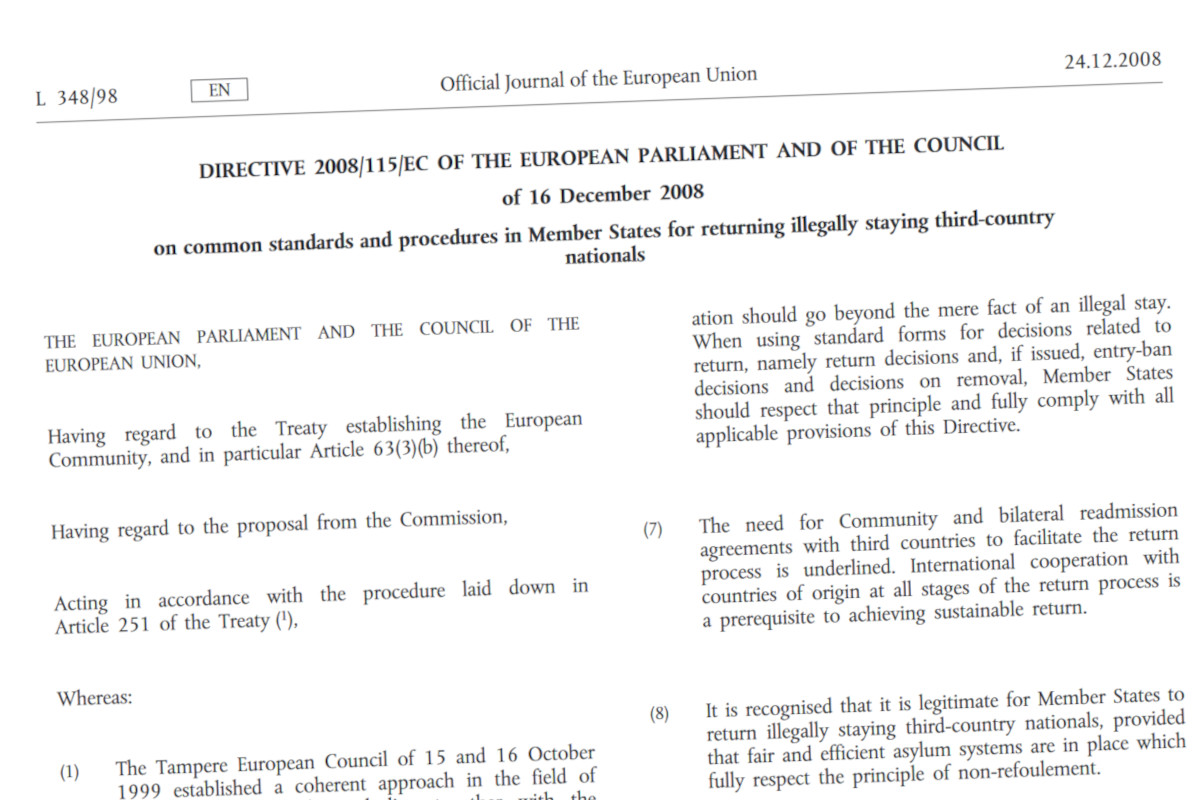
Deportations: when “assertiveness” and “effectiveness” entail violence and abuse
Increasing the number of deportations from the EU is a longstanding policy goal. In 2025 a new deportation law will likely be proposed, replacing the 2008 Returns Directive. Documents published alongside this bulletin offer some insights into what may be included in that proposal. The implications for individuals facing deportation are likely to be damaging: fewer legal safeguards, more obligations and increased coercion, and new ways to remove people to countries deemed unsafe.

Frontex’s increasing role in reintegration policy and its effects in West Africa
The externalisation of European border controls to Africa has received substantial political and critical attention. The same cannot be said of “reintegration” policies, ostensibly designed to support people deported from the EU. Frontex’s role in both deportation and reintegration is increasing. The consequences of this in The Gambia and Nigeria raise questions over national sovereignty, the rights of and support for deportees, and the instrumentalisation of independent organisations.
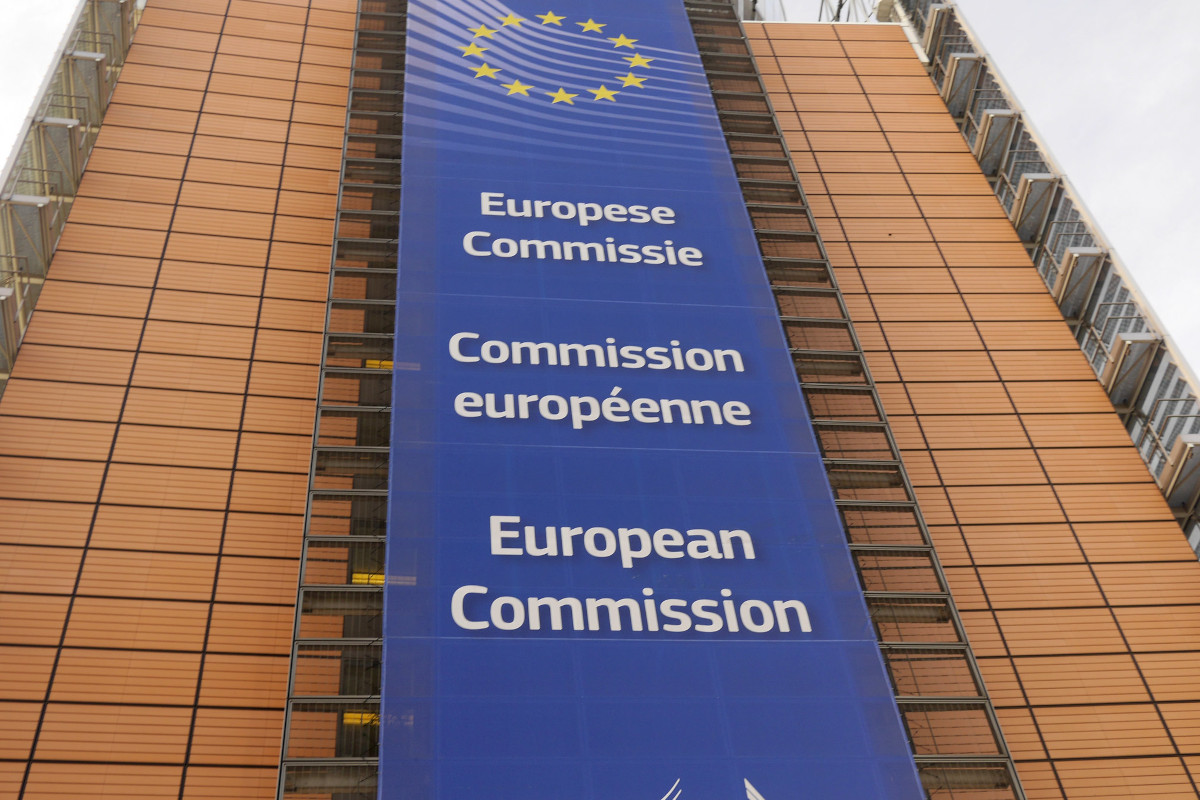
Migration policy priorities of the next European Commission: a jargon-free translation
This week, the proposed new European Commissioners are being interviewed by the European Parliament. Four of the 26 “mission letters” sent to the nominees by Ursula von der Leyen set out responsibilities with regard to migration, asylum and border policy. Couched in typical EU jargon, the texts hide a brutal and violent reality. Aside from the implementation of the Pact on Asylum and Migration, key topics in the coming months and years will include a new deportation law; attempts to set up deportation camps (“return hubs”) in non-EU states; new “partnerships” with non-EU states to try to control migration; and increased police powers.

EU support for violent and authoritarian regimes: no end in sight
Migration across the Central Mediterranean has been a consistent topic in the EU for over a decade. In July, the Council’s Working Party on the External Aspects of Migration discussed a paper drafted by the Hungarian Council Presidency. Focusing on Egypt, Libya and Tunisia, it argues that challenges have “deepened and become more complex in 2023.” This includes dangers at sea and shortcomings in living conditions, infrastructure and humanitarian assistance on land. As is customary, there is little mention of the role played by EU migration policy in generating these “challenges”.

Ignoring the root causes of disaster: the EU and Sudan
In June, the Belgian Presidency of the Council of the EU circulated a paper on Sudan to the Working Party on External Aspects of Asylum and Migration (EMWP). The document offered an overview of the situation of war and displacement in this country, which has been ongoing since April 2023. It omits several issues that are crucial for a meaningful understanding of the situation.
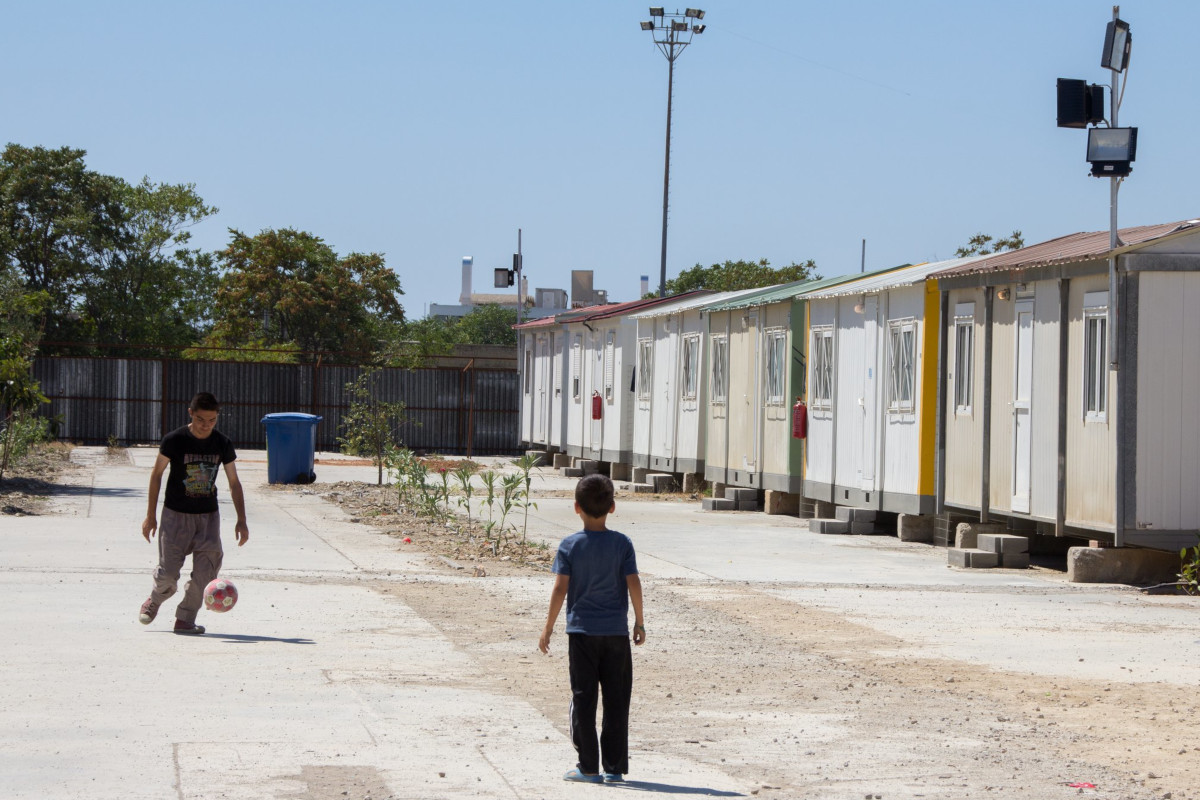
Implementing the Pact: obligation for fundamental rights monitoring
The recently adopted Screening Regulation under the EU Pact on Migration and Asylum sets out several requirements for the establishment and operation of a mechanism for monitoring the fundamental rights of people subject to “screening” procedures at the external borders. Based on a recent Council document on the implementation of article 10 of the Screening Regulation and EU Fundamental Rights Agency guidance, this article provides an overview of what is required and discusses some potential challenges that may arise.

Visa sanctions to increase deportations
Changes to the EU’s rules on visa issuance that came into force in 2020 have made it possible for sanctions to be introduced against states that fail to cooperate with deportations. For example, non-EU states that consistently fail to provide identity documents for their own nationals facing deportation from the EU can have visa fees increased, or the examination of applications slowed down. The tool appears to be popular with EU institutions and member states, and changes are on the way to “improve” its functioning. This analysis examines the mechanism itself, measures proposed or adopted under the mechanism, and recent proposals to develop and reform the system, and considers the way in which the idea of “solidarity” (between EU member states and EU bodies) is used as a weapon against third countries.

A bottomless pit: billions more euros for externalised border controls
In view of the recently concluded mid-term review of the EU’s budget, funding for the externalisation of migration control has been at the top of the political agendas of EU member states and institutions. In the words of the European Commission and the European External Action Service, funding “ensure[s] that the actions undertaken… continue delivering results.” A substantial increase in the EU budget is on the cards, at the same time as a possible shift towards a supposedly new “preventive model” for external migration control.

Automating the fortress: digital technologies and European borders
The fortification of Europe’s borders is inherently linked to the use of digital technologies. Indeed, the process would be unthinkable without them. From the biometric passports and automated gates used at border crossing points to the drones, sensor systems and detection technologies used to prevent and detect unauthorised migrants, digital technologies are crucial to a political project that seeks to give state authorities increased knowledge of – and thus control over – foreign nationals seeking to enter the EU. Vast quantities of public funding have been used to develop and deploy these technologies, and unless there is significant public and political opposition to the project, it is likely that the EU will provide far more money in the years to come. Given the harm caused by the ongoing reinforcement of Fortress Europe, and the myriad more beneficial ways in which those funds could be spent, that opposition is urgently needed.

From Cutro to Pylos: what two shipwrecks reveal about Europe’s deadly migration policies
The anniversary of the shipwreck in Crotone on 26 February was marked by relatives and supporters of at least 94 people who died on the morning of that same day in 2023. They gathered on the beach in Cutro, in the city of Milan, and elsewhere in Italy: the names of the dead were read at public events, and survivors gave their testimonies.Three months later, it will also be the first anniversary of the Pylos shipwreck, in which at least 500 people lost their lives, and similar events will mark that anniversary. [1]

The politics behind the EU-Mauritania migration partnership
On 7 March, the EU and Mauritania signed a landmark “migration deal.” This January note from the European Commission makes the case for the deal to EU member state representatives in the Council. Dated 26 January, and therefore preceding both the public announcement of the deal on 7 February and its signing one month later, the note offers insight into the politics behind the migration partnership deal between Mauritania and the EU.

Charting a course through the labyrinth of externalisation
“Migration is a European challenge which requires a European response” has become a favoured refrain of EU officials and communiques. While the slogan is supposed to reinforce the need for a unified EU migration policy, it also masks the reality of the situation. The EU’s response to migration – in particular, irregular migration – is increasingly dependent on non-EU, and non-European states. Billions of euros and huge diplomatic efforts have been expended over the last three decades to rope non-EU states into this migration control agenda, and the process of externalisation is accelerating and expanding. Understanding the institutions and agencies involved is a crucial first step for anyone working for humane EU asylum and migration policies.

Putting the cart before the horse: the Commission’s proposal to increase Europol's powers
Hounded by criticism from civil society and EU member states over its new proposal to increase the powers of Europol, the European Commission has belatedly published an “analytical document” in lieu of a formal impact assessment. The new proposal would lead to the storage of vast quantities of information by Europol on human smuggling and trafficking cases, intended to increase investigations and prosecutions. However, the Commission’s document offers a minimal analysis of the potential impact on individual rights, particularly of people in vulnerable situations, and the data protection safeguards at Europol are inadequate for the proposed changes.

European money for the war in Gaza: how EU research funding supports the Israeli arms industry
Technologies developed with financial support from Europe are being used in the current war in Gaza, as they have been previously in occupation of Palestinian territory and marginalisation of the Palestinian people.
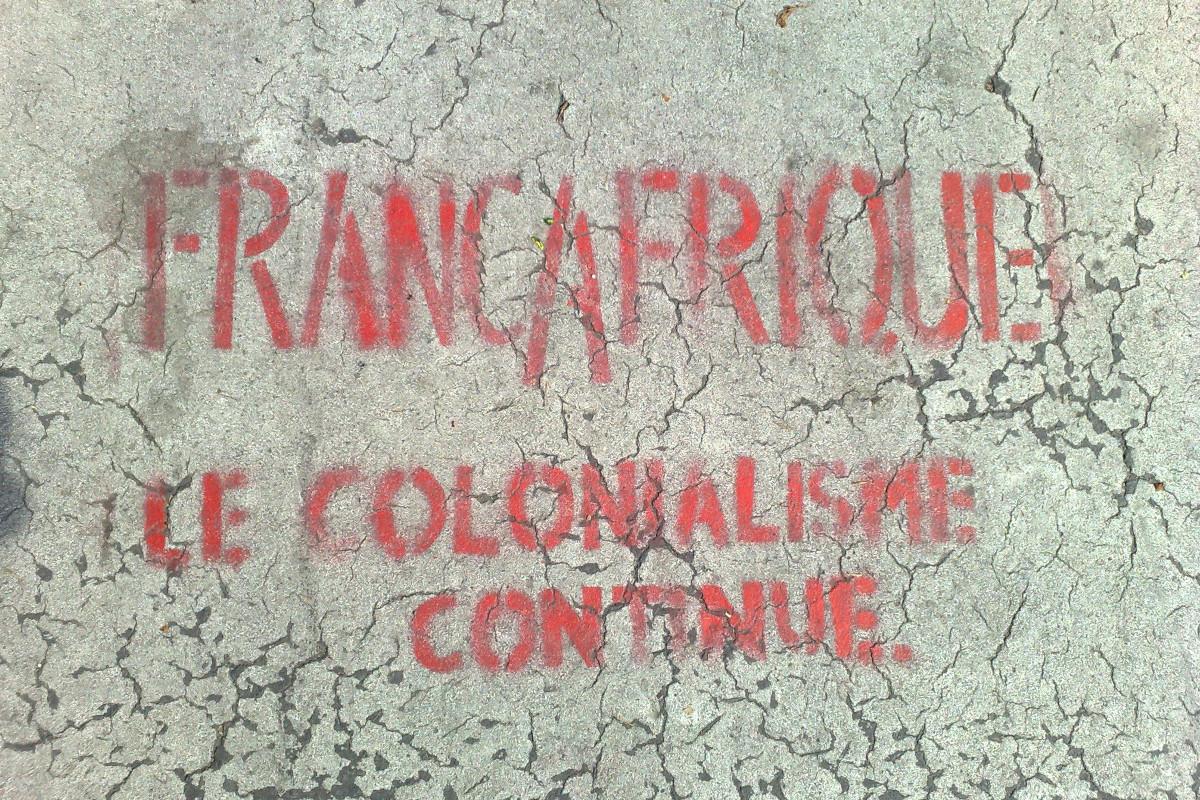
The case of Civipol: commodified mobility policing in West Africa and its colonial continuities
Current European attempts to outsource migration control to West Africa mirror historical entanglements between colonial logics, corporate interests and policing. This article looks at the place of public-private relations in French colonialism in order to historically situate the activities of Civipol, a French public-private actor owned both by the French state and major security companies, that has specialized in building African states’ internal security capacity.
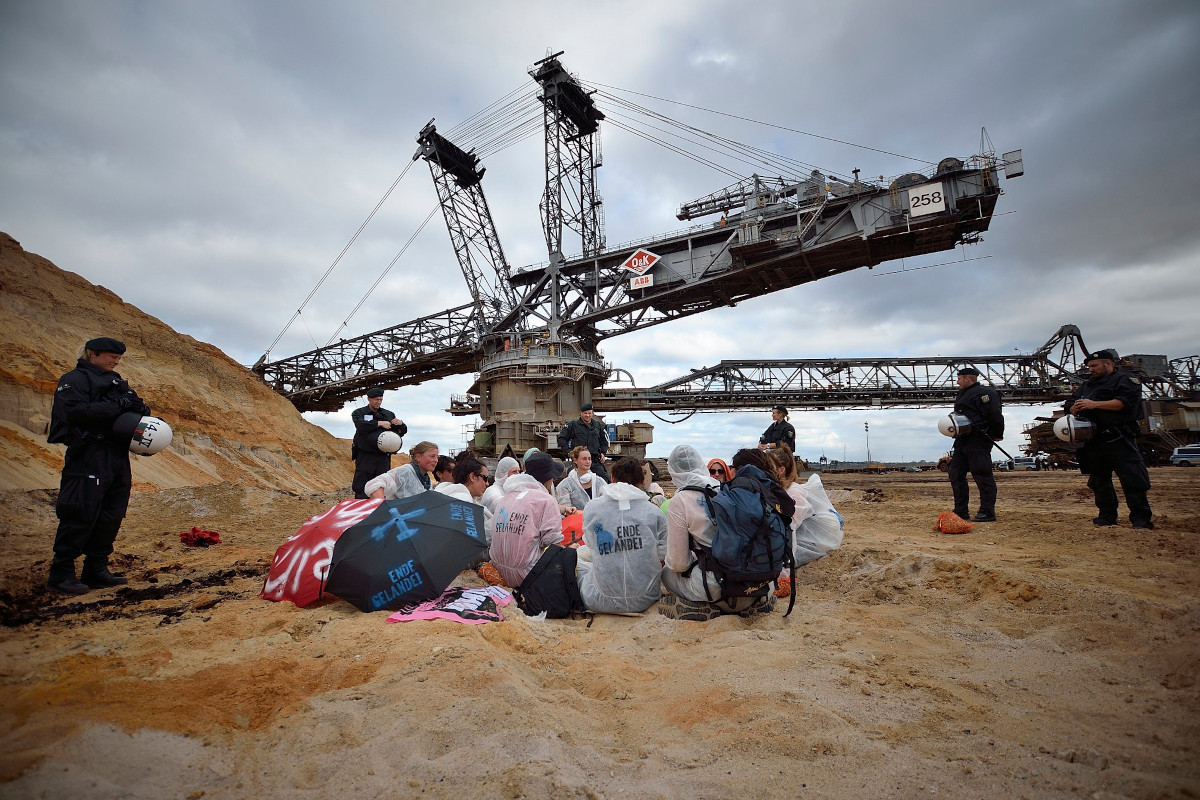
Environmental activism under the EU counter-terror microscope
Next week, EU and member state officials will discuss “the role of climate change and environmental concerns in violent extremist and terrorist radicalisation.” A discussion paper for the meeting, obtained by Statewatch, considers the threat posed by “violent left-wing and anarchist extremism” – a heading under which a number of prominent environmental protest groups are mentioned. The inclusion of peaceful but disruptive groups in the paper may legitimate further police surveillance and infiltration, legal harassment and government crackdowns – a problem identified as “a major threat to human rights and democracy” by a UN Special Rapporteur.

Border security with drones and databases
The EU’s borders are increasingly militarised, with hundreds of millions of euros paid to state agencies and military, security and IT companies for surveillance, patrols and apprehension and detention. This process has massive human cost, and politicians are planning to intensify it.

Frontex and deportations, 2006-22
Data covering 17 years of Frontex’s deportation operations shows the expanding role of the agency. We have produced a series of visualisations to show the number of people deported in Frontex-coordinated operations, the member states involved, the destination states, and the costs.

Germany: Fatal police shootings in 2022
For the year 2022, the official firearm usage statistics of the Conference of the Ministers of the Interior recorded a total of 54 shots fired at people. 11 individuals were killed as a result. This is three more than the previous year. Legally, these shots were classified as self-defense/emergency aid. 41 people were injured due to police firearm use.
Spotted an error? If you've spotted a problem with this page, just click once to let us know.